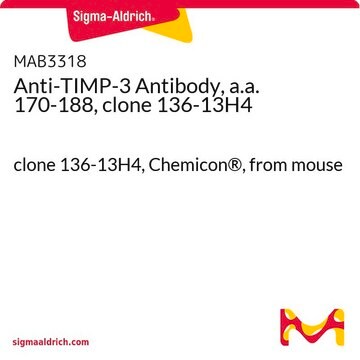A26357
Adipic acid
99%
Synonym(s):
ADI-PURE® LGA adipic acid, ADI-PURE® high purity adipic acid, Hexanedioic acid
About This Item
Recommended Products
vapor density
5 (vs air)
Quality Level
vapor pressure
1 mmHg ( 159.5 °C)
Assay
99%
form
solid
autoignition temp.
788 °F
bp
265 °C/100 mmHg (lit.)
mp
151-154 °C (lit.)
solubility
H2O: soluble 23 g/L at 25 °C
SMILES string
OC(=O)CCCCC(O)=O
InChI
1S/C6H10O4/c7-5(8)3-1-2-4-6(9)10/h1-4H2,(H,7,8)(H,9,10)
InChI key
WNLRTRBMVRJNCN-UHFFFAOYSA-N
Looking for similar products? Visit Product Comparison Guide
General description
Application
- Aliphatic polyesters by reacting with ethyleneglycol/1,3 propyleneglycol/1,4-butanediol using inorganic acid as a catalyst.
- Cyclopentanone using a weak base such as Na2CO3.
- Linear polybutylene adipate (PBA) having carboxylic acids at the terminals by reacting with 1,4-butanediol.
Legal Information
Signal Word
Danger
Hazard Statements
Precautionary Statements
Hazard Classifications
Eye Dam. 1
Storage Class Code
11 - Combustible Solids
WGK
WGK 1
Flash Point(F)
384.8 °F - closed cup
Flash Point(C)
196 °C - closed cup
Personal Protective Equipment
Certificates of Analysis (COA)
Search for Certificates of Analysis (COA) by entering the products Lot/Batch Number. Lot and Batch Numbers can be found on a product’s label following the words ‘Lot’ or ‘Batch’.
Already Own This Product?
Find documentation for the products that you have recently purchased in the Document Library.
Customers Also Viewed
Our team of scientists has experience in all areas of research including Life Science, Material Science, Chemical Synthesis, Chromatography, Analytical and many others.
Contact Technical Service







